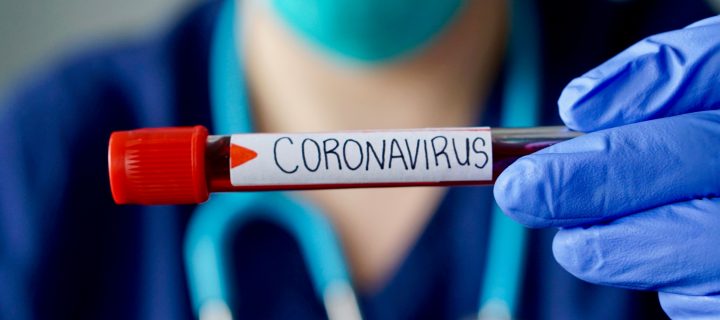If you test positive for COVID-19 twice, you may not be contagious the second time.
Recovering from COVID-19 is something to be celebrated. How long this can take depends on the seriousness and severity of your infection. According to the World Health Organization (WHO), recovering from COVID-19 can take anywhere from about two weeks for those with a mild infection, to anywhere between three and six weeks for those battling a critical case.
Is it possible to catch the coronavirus again if you have already had it?
For some context, it can be good to look at what we know happens with other coronaviruses.
The common cold is caused by numerous viruses including rhinoviruses, RSV, and coronaviruses. With the common cold, if your body develops sufficient antibodies against the virus the first time it is infected, your chances of being reinfected with the same cold are low. Studies done in the 1950s and 1960s showed that more than half of people reinfected with the same cold will not develop any symptoms the second time around.
Related: How Air Travel May Change After COVID-19
Those who have a weaker immune response the first time around, however, can catch the same cold twice, and have symptoms as well as be contagious. It all depends on the amount of antibodies that your body produces the first time it is infected.
The virus causing COVID-19, as most now know, is also a coronavirus. It just happens to be more deadly than a common cold due to the way it infects the lungs. According to NBCnews.com, some people do test positive for COVID-19 twice. At least 14 sailors who were aboard the USS Theodore Roosevelt aircraft carrier who had already had the coronavirus and recovered from it went on to test positive for the virus again, later on. They have since been moved off the carrier and are now in quarantine (again), for 14 days.
Are these sailors really contagious once more? It is hard to say. Some would vote, no. Research from South Korea is indicating that patients who test positive twice are very likely not still contagious, if they have successfully fought off the virus before.
Health authorities in South Korea are so confident in the new findings they will now no longer consider a person infectious once they have recovered from COVID-19 at least once.
Related: 5 Coronavirus Feel-Good Stories
Why can you test positive and not be contagious? It could be one of many things. Research done in April showed that PCR tests, which are used to detect the presence of COVID-19 antigens in a sample, cannot tell the difference between dead virus particles and viable ones. So, you may still have the virus in your system once you have fought off the infection, but you are not still contagious.
In addition, according to BBC.com, most of the diagnostic tests for COVID-19 used in the US search for pieces of viral RNA. If some are found, the Centers for Disease Control and Prevention (CDC) states, this does not necessarily mean the patient is infectious.
“What we’re finding more and more is that the fragments of virus that are being picked up on these swabs weeks later are not able to replicate,” said Dr. Ania Wajnberg, associate director of medicine at the Icahn School of Medicine at Mount Sinai in New York City to NBCNews. “They’re not live virus.”
Not everyone who tests positive a second time for the coronavirus may be in the clear, however. Some people have low levels of what are called neutralizing antibodies after recovering from COVID-19, and this could mean they do not have sufficient amounts of the right type of coronavirus antibodies to be able be immune to another COVID-19 infection.
There is still a lot to be learned about the novel coronavirus. For more on COVID-19 and immunity, click here.










